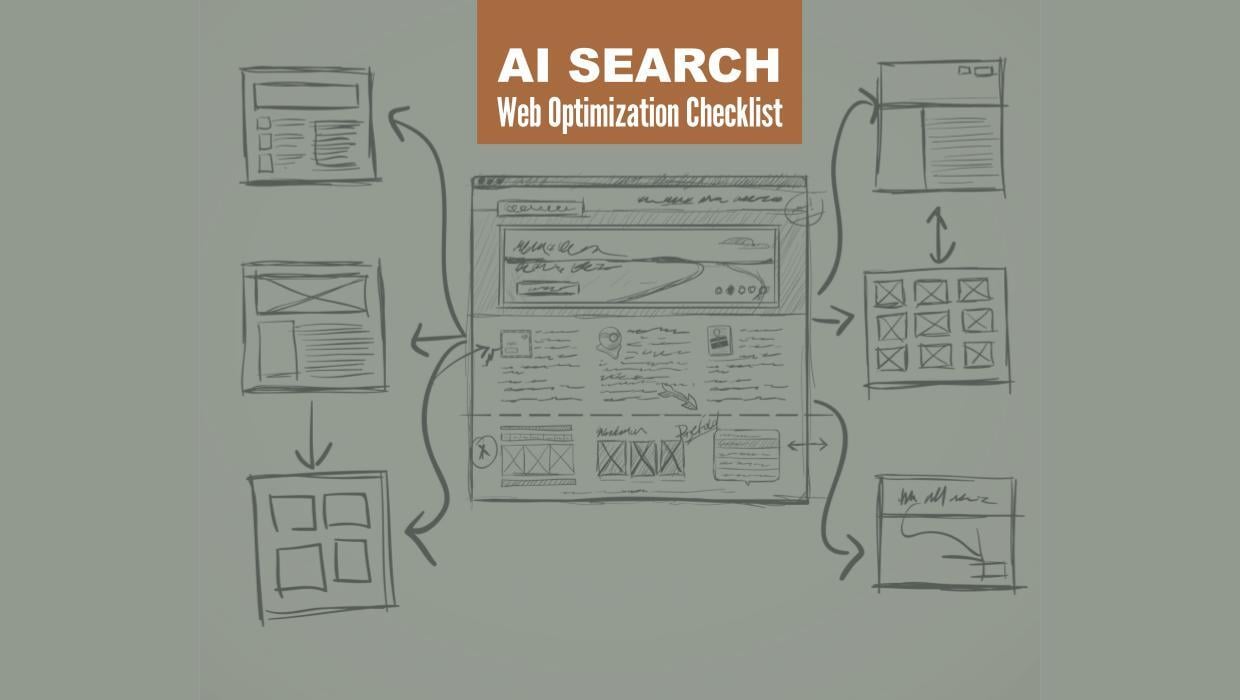5 Questions To Ask Prospects In An Exploratory Meeting
Written by

Your company’s marketing efforts have attracted a promising prospect. After some vetting, the prospect proves qualified and your sales team schedules an exploratory meeting. It’s critical that this prime time in front of a prospect doesn’t equate to wasted time (and a missed opportunity), so how do you make the most of it?
Preparation is key, especially since there’s a lot of ground to cover. For business development and sales teams using inbound practices, that means maintaining a buyer-centric focus throughout the process—including in the exploratory meeting. That said, developing questions for that initial, substantive discussion must revolve around the prospect. Clearly understanding how the prospect defines their objectives, challenges, capabilities, values, etc., is the sales team’s first true glimpse into determining if your products and services can realistically help achieve their goals.
Where to begin? Use these five buyer-centric questions as a framework to tease out imperative information, make the most of your exploratory meeting, and further the potential relationship with your prospect:
1. What is the prospect trying to accomplish? What are their overarching goals? What does success look like to the prospect?
Having the prospect articulate their needs will reveal whether or not the prospect is a good fit with your organization, and if their expectations regarding what constitutes a successful partnership is reasonable. It can also help you align the right products, processes and services to their specific needs. Ask what they see as the pros and cons of your solution, what the want to achieve both in the short and long term, what their most pressing pain point regarding their current situation is to truly understand what they’re faced with and how you might help.
2. What is the prospect currently doing to achieve their goals? Why are they seeking alternate options? What makes a particular option preferable to their existing plan or to other options? Not preferable?
Asking these questions will tell you more about the problems that drove the prospect to search for new solutions and will help you develop the most appropriate proposal. Their answers will reveal how well they’ve thought through a potential purchase and its implications, and could be a benchmark for determining how diligently – or even if – you should pursue a partnership.
3. What challenges does the prospect anticipate when making this particular purchase decision?
Simply put, this will help you gauge what you’re up against in terms of sales cycle, and if it’s a worthy investment of your time and resources. It could also tell you if others in the decision-making process might present obstacles to the purchase that you’ll need to overcome, and inform you about the most effective way to do that.
4. What is the anticipated timeline?
The prospect’s answer is a telltale sign of where they are in the buyer’s journey and dictates how you can best help them, depending on if the purchase is a top priority or a slow nurture. If it’s a slow nurture, you’ll be better equipped to provide the information and reassurances they need to get them to the decision stage – and select you.
5. What are the next steps?
Mapping out what happens next gives you and the prospect an opportunity to define expectations and further solidify the relationship. Asking about next steps also tells the prospect that you’re eager to help solve their challenges.
The more you know about your prospects the more able you are to deliver the most effective solution. Listen closely to what they have to say and, once you’ve thoroughly considered the situation and how you can help, present the right solution. If you go into the first meeting pushing a product before you’ve even understand the problem, prospects will see only that you’re interested in booking another sale, not in seeing them succeed.
Subscribe To Our Blog
Information. Insights. Ideas. Get notified every time a new Weidert Group blog article is published – subscribe now!
You May Also Like...

Search Engine Optimization
Optimize Your Industrial Website for AI Search

Marketing Technology
Why Unified Data Efforts Fail (and How Manufacturers Can Fix It)

Search Engine Optimization
How Falcon Rebuilt Industrial AI Search Visibility in 2025
Accelerate Your Growth with
Weidert Group
If you’re ready to explore a partnership, request a personalized consultation with our team.

